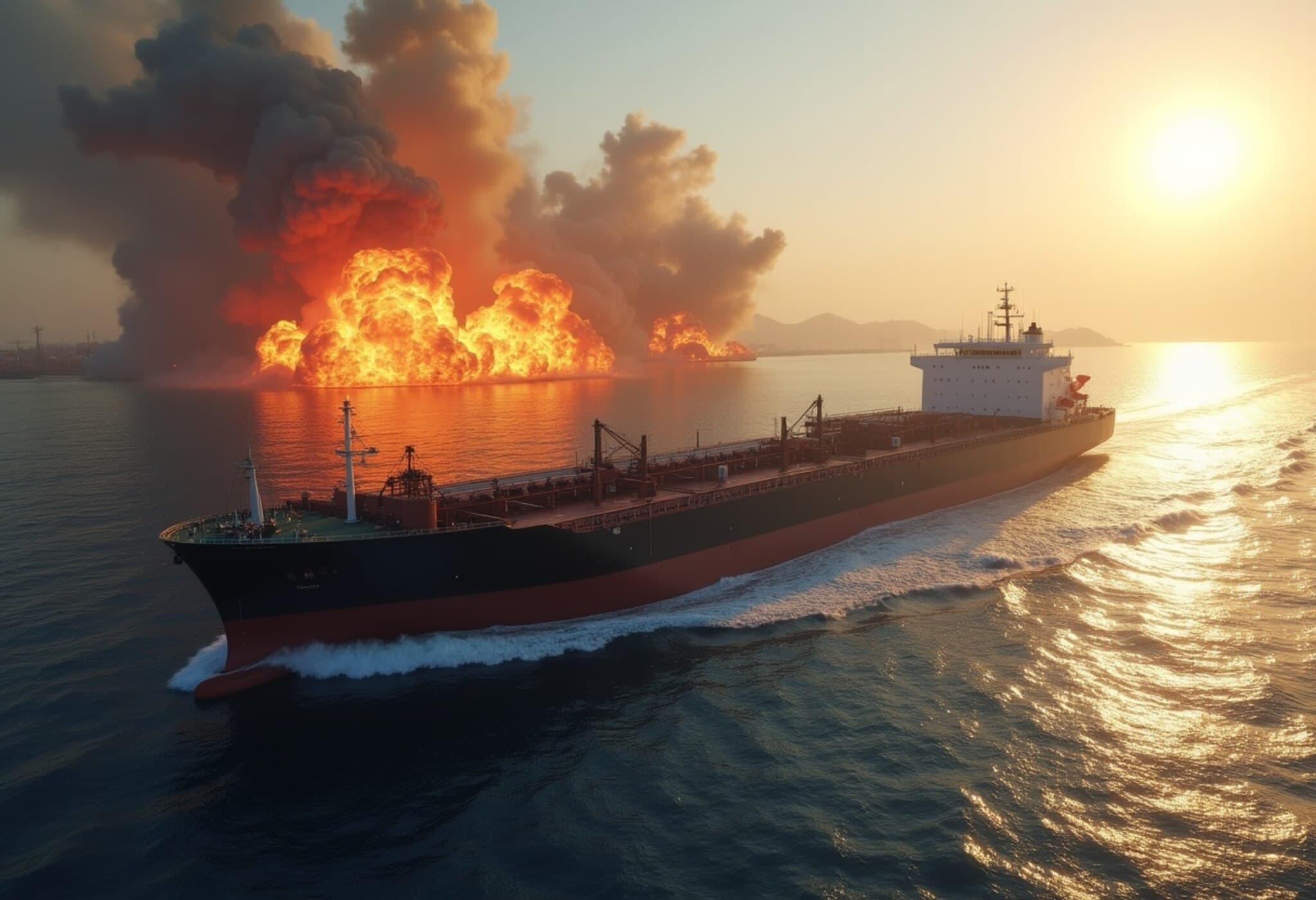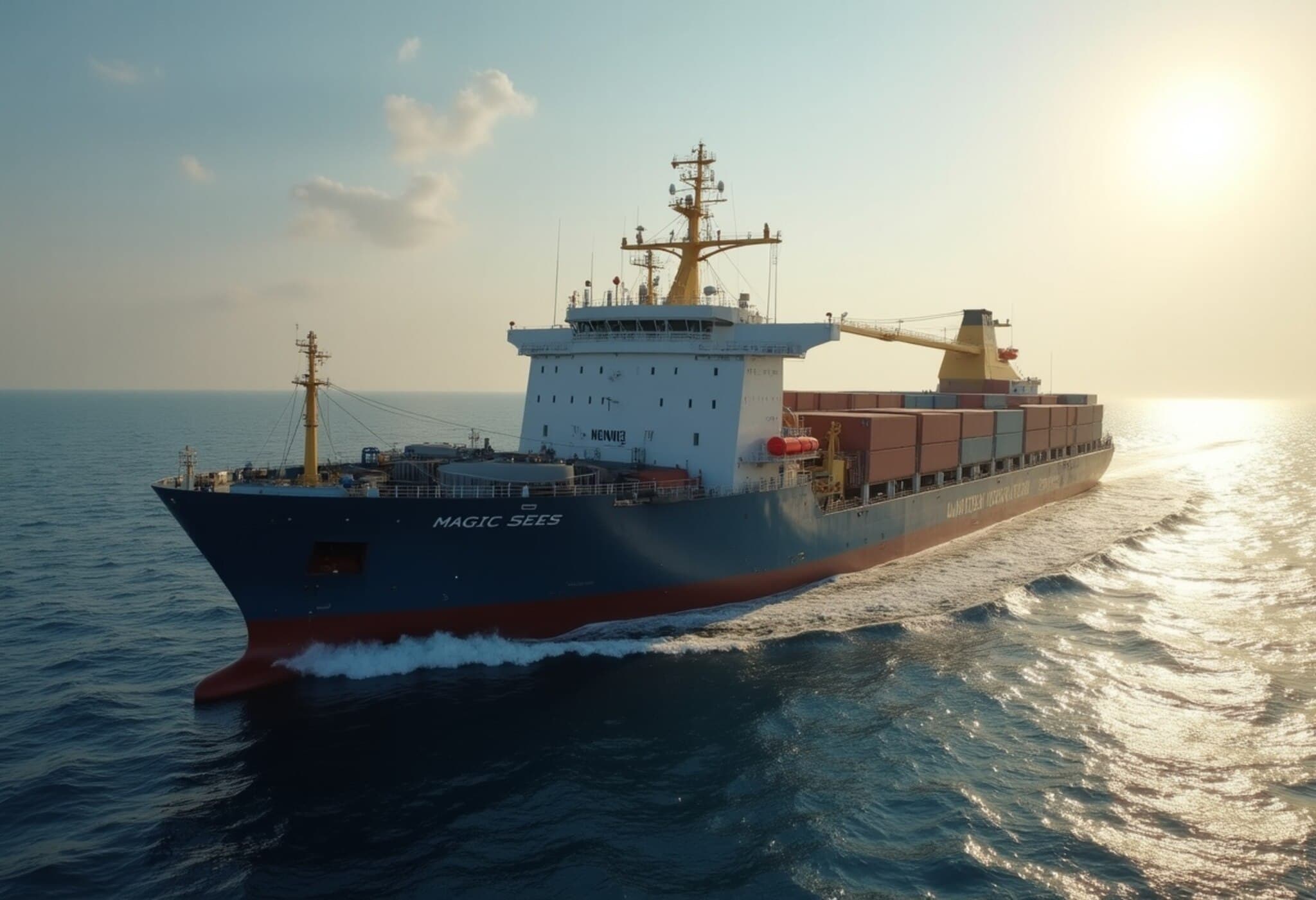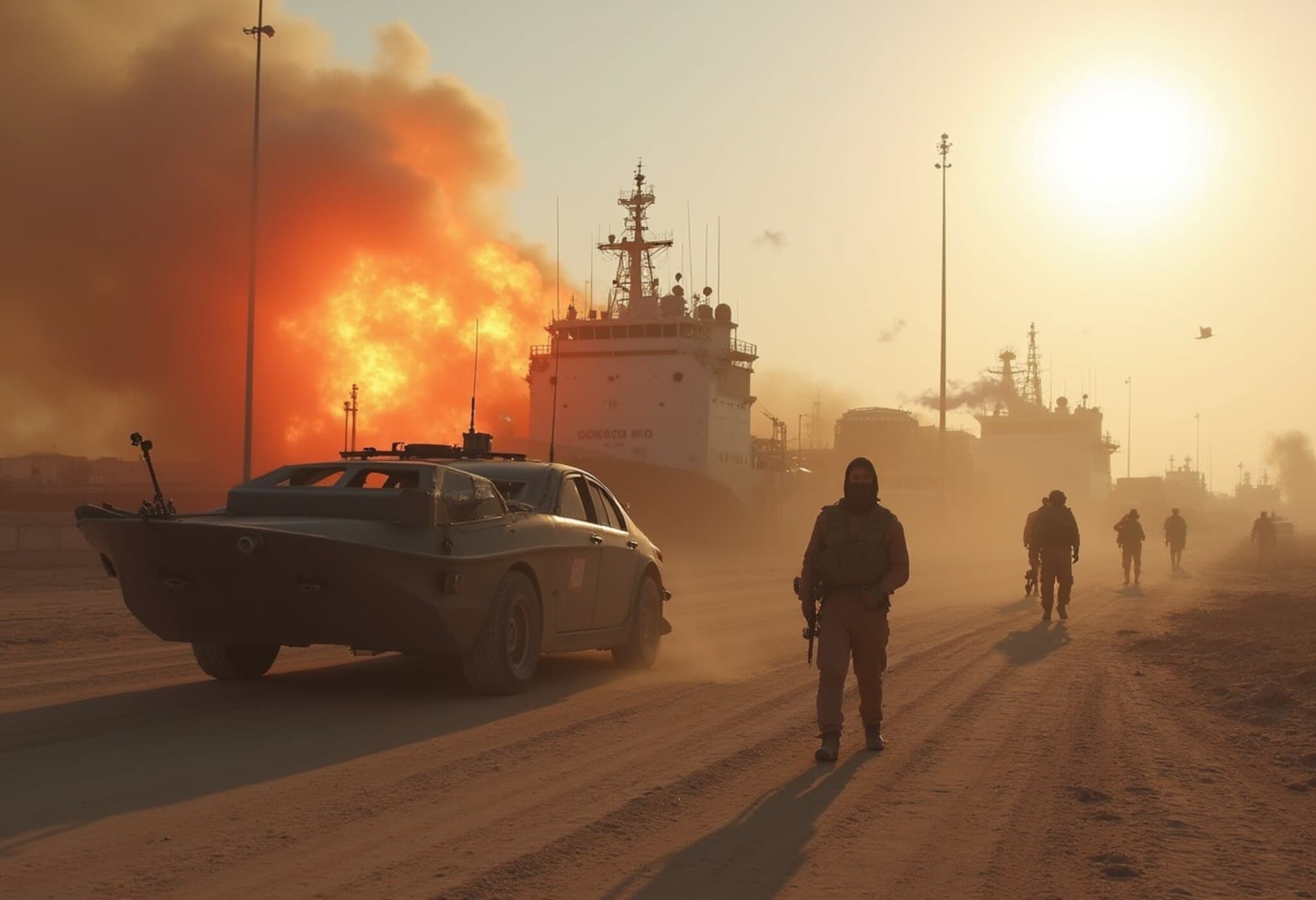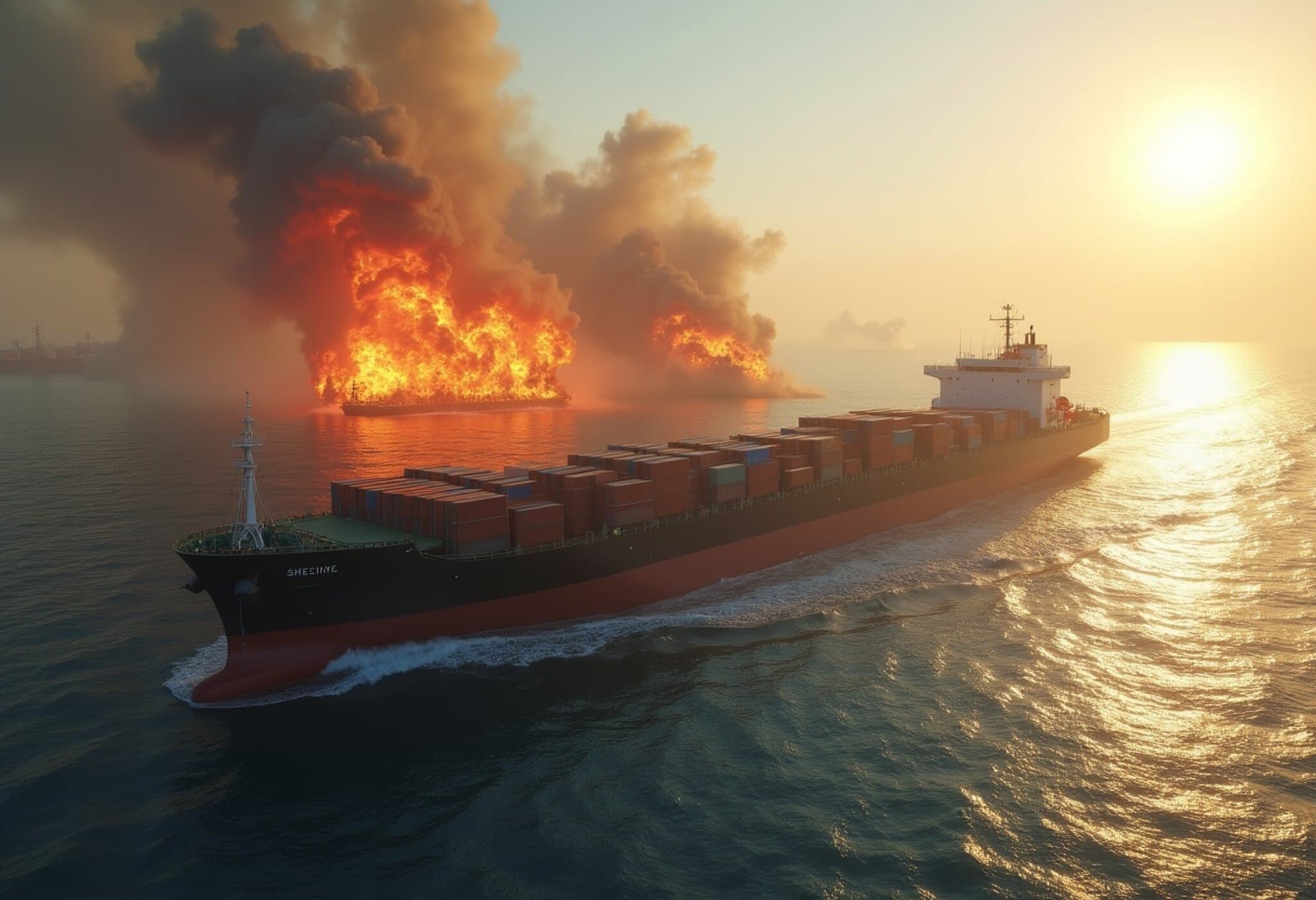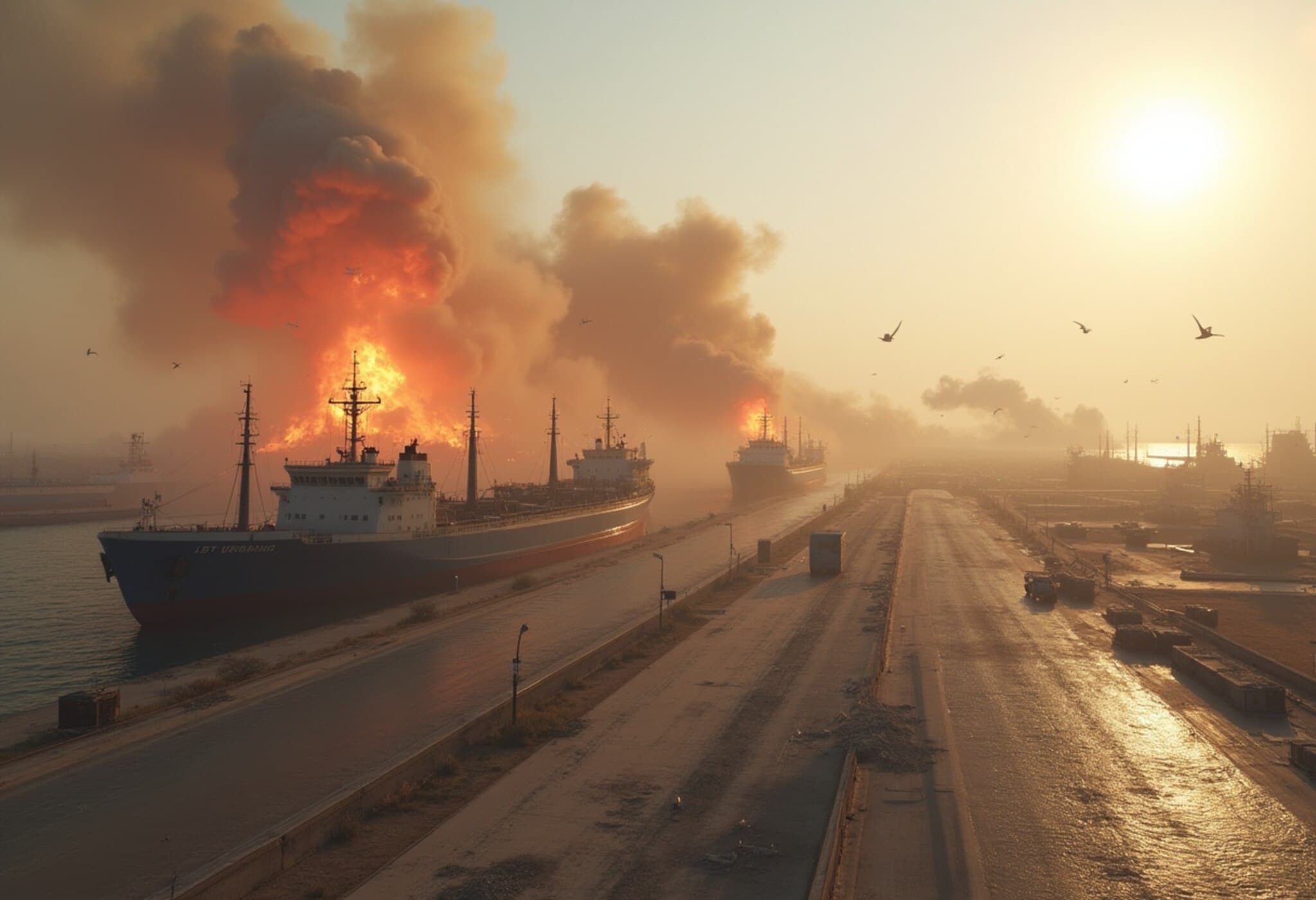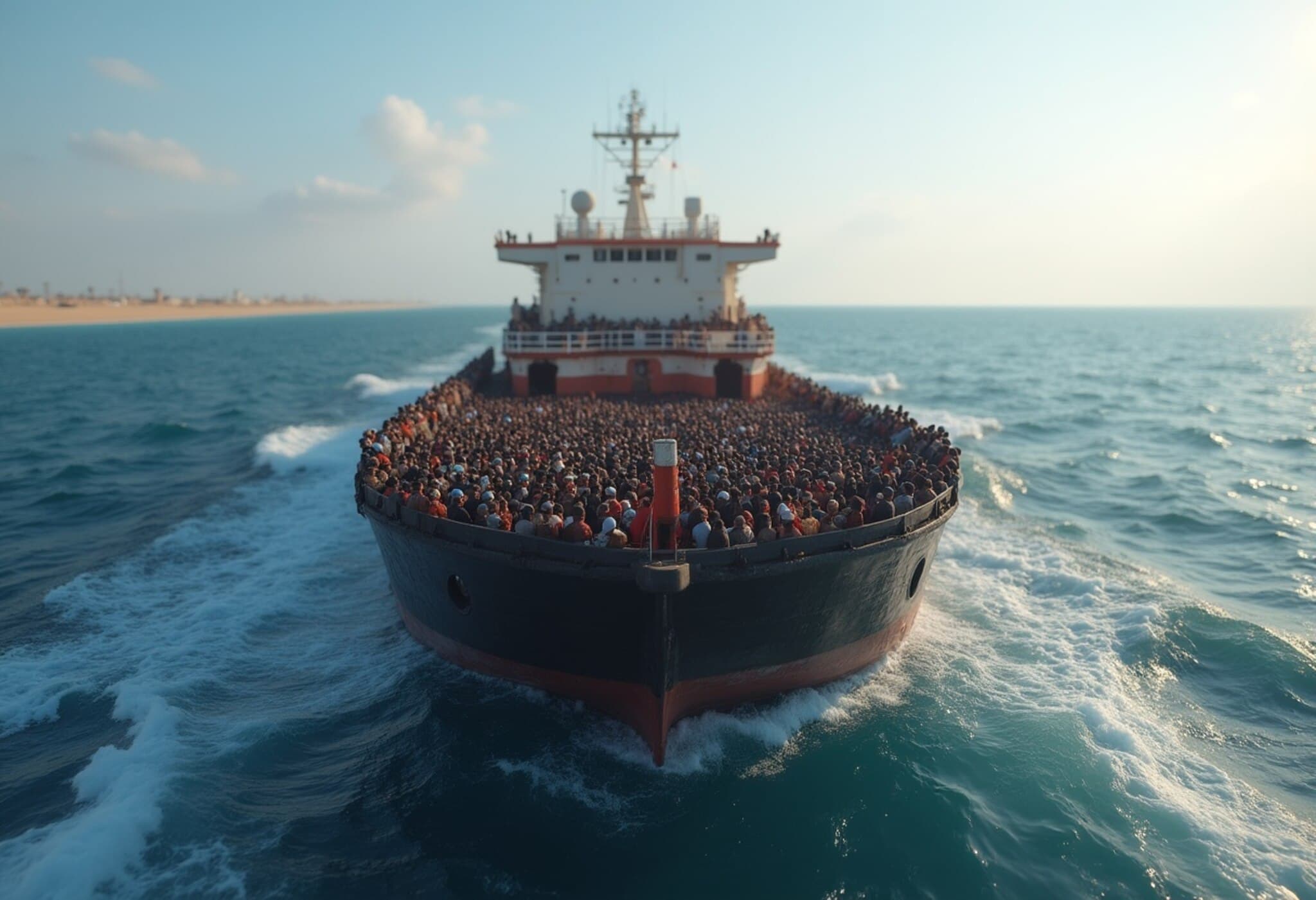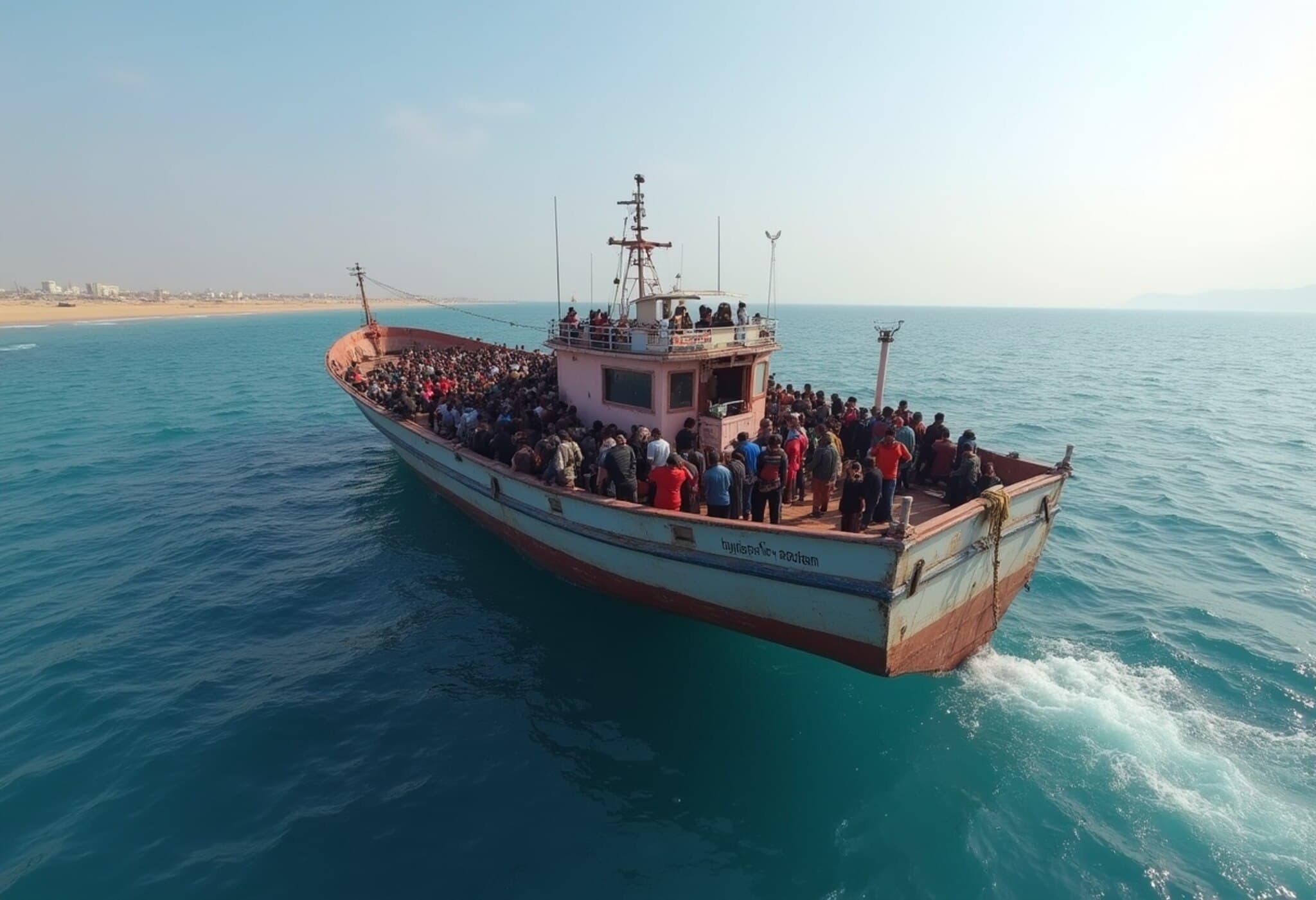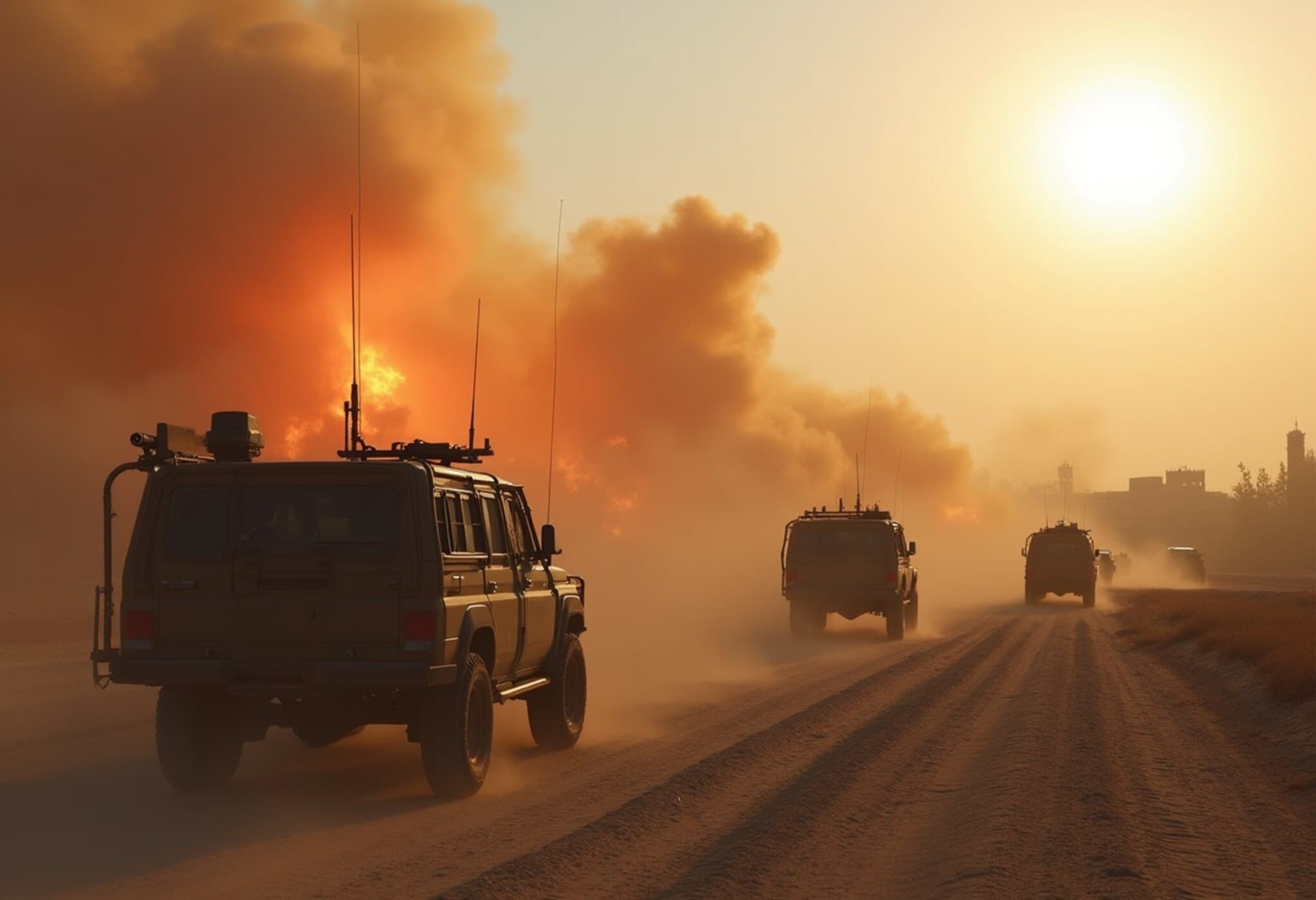Israeli Jets Launch Precision Airstrikes on Houthi-Controlled Yemeni Ports
In the early hours of Monday, the Israeli military confirmed a series of airstrikes against strategic Houthi-linked locations across Yemen’s western coastline. The targeted sites included major ports such as Hodeidah, Ras Issa, Al-Salif, and the Ras Qantib power plant.
The Israel Defense Forces (IDF) described these operations as a direct response to what they characterize as persistent threats from the Houthi armed movement, including attacks on Israeli territory and threats to international maritime security in the crucial waterways of the Red Sea.
Key Targets and Strategic Implications
Among the focal points of the strikes was the Galaxy Leader, a merchant ship that the Houthis reportedly seized in 2023. According to the IDF, the vessel has been retrofitted with radar systems to monitor and potentially target commercial shipping lanes in international waters, a move Israel condemns as a tactic supporting maritime terror operations.
Another significant target was the Ras Qantib power plant, which Israeli officials allege has been repurposed to bolster Houthi military capacities. The IDF indicates these operations were guided by credible intelligence, aimed at neutralizing infrastructure used by the Houthis to facilitate attacks via drones and missiles against Israeli and allied interests.
The Broader Context: Red Sea Security and Regional Stability
The Red Sea is a vital global shipping corridor, linking Europe, Asia, and Africa. Disruptions here reverberate through international trade and energy supplies. Israel’s recent strikes underscore escalating tensions as Yemen’s civil conflict increasingly intersects with broader geopolitical rivalries spanning Iran, Saudi Arabia, and Israel itself.
Given Iran’s well-documented support for the Houthis — including weapons transfers and military training — these airstrikes hint at a complex regional struggle over influence and security. For the United States and its allies, safeguarding freedom of navigation in the Red Sea remains a high priority, entangling the region further in international security interests.
Expert Analysis: What This Means for Israeli Security and International Maritime Trade
As drones and missiles from Yemen’s Houthis pose growing threats to Israeli territory, Israel continues to adopt a proactive posture. Military experts note that while Israel’s airstrikes aim to preemptively mitigate risks, such moves could escalate tensions and provoke retaliatory actions, potentially destabilizing the fragile balance in the Gulf region.
From a maritime security perspective, the utilization of civilian vessels like the Galaxy Leader for military purposes raises urgent concerns around the militarization of commercial shipping. This tactic complicates enforcement of international maritime law and poses dilemmas for naval forces attempting to distinguish between civilian and combatant assets.
Underreported Perspectives and Regional Repercussions
While global headlines focus on Israeli defense measures, less attention is paid to the humanitarian fallout inside Yemen — a country already devastated by years of war. The airstrikes target infrastructure in ports essential to humanitarian aid deliveries, potentially aggravating the crisis for Yemeni civilians.
Moreover, the strikes illuminate the growing internationalization of Yemen’s civil war. As regional powers like Iran, Saudi Arabia, and Israel engage via proxies and direct action, the conflict risks prolongation and intensification, underscoring the urgent need for diplomatic engagement and conflict resolution frameworks.
Looking Ahead: The Fragile Balance of Security in the Red Sea Corridor
Israeli air operations against the Houthis mark a significant development in the intersecting conflicts and geopolitical competitions swirling around the Red Sea. As Israel continues to defend its borders through such targeted actions, the international community faces the daunting task of managing a highly volatile theater where local insurgency, international maritime trade, and global power rivalry collide.
Editor's Note:
This unfolding situation offers a stark reminder of how local conflicts can rapidly escalate into wider regional security challenges with global economic implications. Readers should keep an eye on evolving diplomatic responses, humanitarian developments within Yemen, and the strategic calculus of Red Sea security. The use of commercial vessels for military purposes and the targeting of dual-use infrastructure call for renewed international dialogue on protecting maritime trade routes while addressing legitimate security concerns.

